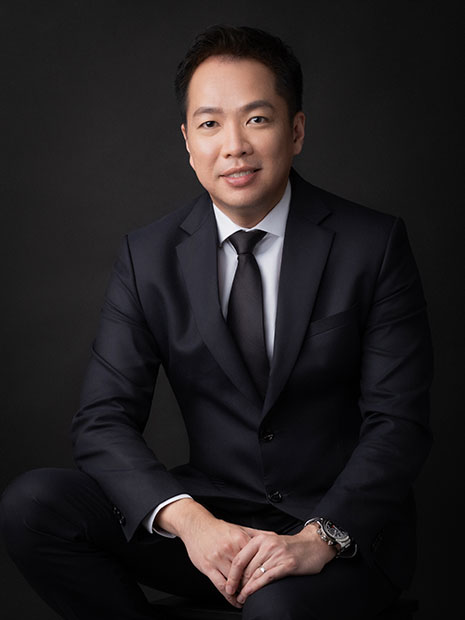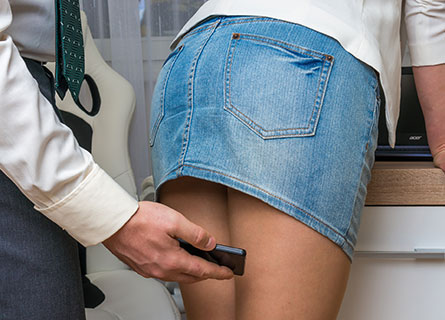The Law on Drink Driving
7.10.2022There are serious consequences to drink driving in Singapore – including the potential for loss of life. For the driver who is accused and found guilty of it, it can ruin their life. In prosecuting offences such as these, the authorities will show neither fear nor favour. Someone who is found to be driving whilst over the legal limit, without a defence under the law or exceptional circumstances, will face punishment. This is the case for both first time and repeat offenders.
For instance, it was reported in the Straits Times that actor Aloysius Pang Wei Chong was found guilty of drink driving, fined $2,000 and banned from driving for 18 months. In a similar case, a prominent lawyer was prosecuted for drink driving; despite his guilty plea, and some significant mitigating factors, he was ultimately convicted, fined and banned from driving for 26 months.
Please note that these two aforementioned cases were dealt with under the pre-2019 legal framework, and they may not reflect current sentencing guidelines. Therefore, it is vital, should you ever be investigated and/or charged with drink driving, that you are aware of your rights.
“Parliament passed amendments to the Road Traffic Act in July [2019], one of which was to increase the penalties to deter irresponsible and dangerous driving: We have doubled the penalties for driving under the influence of alcohol, where a first-time offender can now face up to a year in jail and/or a fine between $2,000 to $10,000 and be disqualified from driving for at least two years.
Drink-driving can lead to serious consequences. It sharply increases the likelihood of accidents and endangers the lives of other road users. These amendments and campaign efforts are part of our holistic approach to combat drink-driving.”
Sun Xueling, Senior Parliamentary Secretary for the Ministry of Home Affairs.
The law on drink driving
It is a criminal offence, under section 67(1) of the Road Traffic Act (RTA), to drive whilst under the influence of drugs or alcohol. You can be found guilty of such an offence if you are driving on a road or other public place whilst:
- You are so intoxicated that you are incapable of properly controlling a vehicle and are therefore unfit to drive; or
- Your blood alcohol or breath alcohol levels exceed the legal limit.
Note that for the first of these two scenarios, you do not have to be above the legal alcohol limit. It is only necessary to show that you are (a) intoxicated and (b) not able to control the motor vehicle that you are in charge of.
In addition, it is not only alcohol intoxication that is prohibited. You can also be found guilty of this offence if you are under the influence of drugs or other intoxicating substances (such as by taking medication or as a result of glue-sniffing).
do I have to give a blood or breath sample if the police ask for it?
Yes. Under the law, you are required to take a breathalyser test or provide a blood sample if the police have reasonable grounds to suspect that you are under the influence of alcohol.
If you fail to comply with a police officer’s request without a reasonable excuse, then you have committed an offence under section 70(4) of the RTA. This is punishable in the same way as if you had actually been driving under the influence of alcohol – with the same penalties, as stated below.
What is the punishment for drink driving?
As mentioned above, Parliament changed the law to give stricter penalties for drink drivers, taking effect from November 1st 2019.
In the case of a first-time offender, the penalty shall either be a fine of at least $2,000, going up to $10,000, or imprisonment for a term no longer than 12 months, or both the penalty and the term of imprisonment. In addition, unless you have ‘special reasons’ not to be disqualified from driving, you will also be banned from driving for a minimum of 2 years.
For a second-time offender or a repeat offender, jail is mandatory. The penalty is both a jail term of up to two years and a fine of at least $5,000, up to a maximum of $20,000. There will also be an increased period of driving disqualification, from 2 years up to a minimum of 5 years.
People often ask, “If I am sent to prison, when does my disqualification from driving actually begin?” The answer is that the disqualification begins on the day you are released from custody.
If I have previous traffic offence convictions, how is my sentence affected?
This depends on the circumstances. A judge may take into account minor traffic violations, even compounded ones such as speeding, as an aggravating factor under the new section 139AA of the RTA. However, the offender will still be sentenced according to the range of sentences set out in the guidelines above.
But if an offender has been previously convicted of a more serious traffic offence, a judge may sentence the offender to up to three times the usual penalties, according to section 67A of the RTA.
Note also that if serious injury or death is caused, the penalties will be higher and may include the penalty of caning, up to six strokes, though this is rare.
If in doubt, always consult a criminal lawyer with experience in this area.
What will the Court consider when sentencing me?
In general, the first thing the Court will do is to look at the offender’s blood alcohol level at the time of the offence, especially if they are a first-time offender and there are no aggravating factors (for example, you had not driven erratically; you were stopped at a roadblock; there was no speeding; no injuries, etc).
To begin with, the legal limit for alcohol in your body whilst driving is 80 milligrams of alcohol per 100 ml of blood, or 35 micrograms of alcohol per 100 ml of breath. You may not be guilty of an offence if you breath/blood alcohol levels do not exceed this limit.
In a landmark case known as Edwin s/o Suse Nathen v Public Prosecutor [2013] 4 SLR 1139, the High Court set out sentencing bands to be awarded as a starting point for first time offenders.
| Level of Alcohol [MG per 100ml of Breath] | Range of Fines | Range of Disqualification |
| 35-54 | $1,000 – $2,000 | 12-18 months |
| 55-69 | $2,000 – $3,000 | 18-24 months |
| 70-89 | $3,000 – $4,000 | 24-36 months |
| >90 | >$4,000 | 48 months or longer |
These ranges are likely to be revisited, given the amendments to the law made in 2019 – in particular since a first-time offender must now be disqualified from driving for a minimum of 2 years. But the general principle still stands – the higher your breath/blood alcohol level, the higher the penalty.
Note also that for drink driving cases where there was injury or harm, other considerations will apply. As laid out in Stansilas Fabian Kester v Public Prosecutor [2017] 5 SLR 755, the Court will consider:
- The conduct of the offender; were they driving with a lack of control, recklessly, or dangerously?
- The degree of harm caused, and the offender’s culpability;
- Sentencing considerations, such as the need to deter the general public from drink driving and/or the need for the rehabilitation of the offender;
- Other relevant aggravating or mitigating factors.
I wasn’t driving – I was just parked whilst drunk. Why have I been arrested?
You might still be guilty of an offence if you are in charge of a motor vehicle whilst under the influence of alcohol, even if you were not the driver and were not driving it.
Section 68 of the RTA states that any person who is in charge of a vehicle, though they are not driving it on a road or public place, is guilty of an offence if:
- The person is not fit to drive because they are so intoxicated as to be unable to properly control the vehicle or their blood/breath alcohol exceeds the legal limit
Note, however, that a person is not considered to be in charge of a vehicle if:
- The person had not driven the vehicle from the time they became unfit to drive up to the time of their arrest;
- There was no likelihood they would drive the vehicle at the time of their arrest.
Consult a lawyer – even if you have admitted to a crime
You should always think about hiring a lawyer if you have admitted to a crime.




